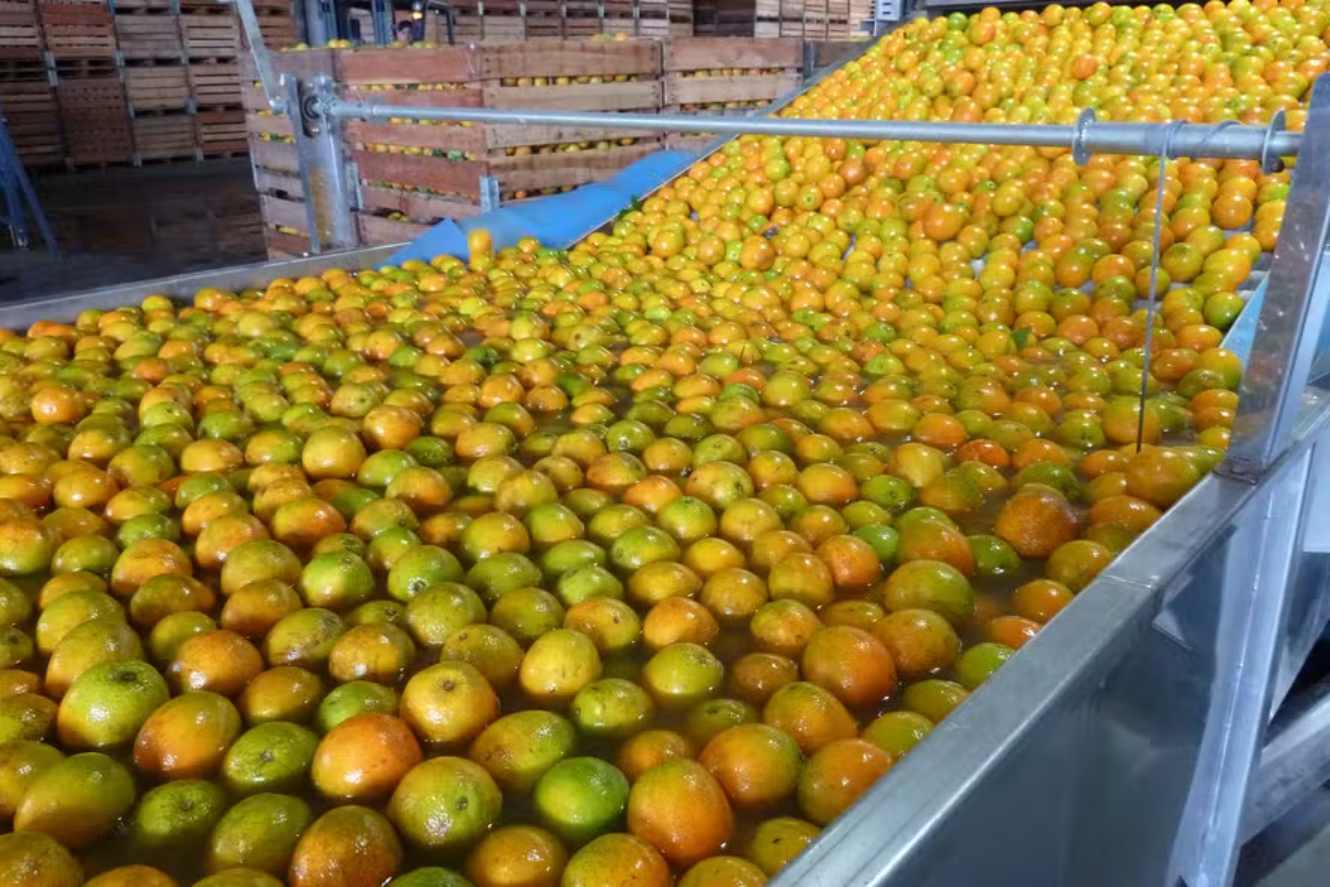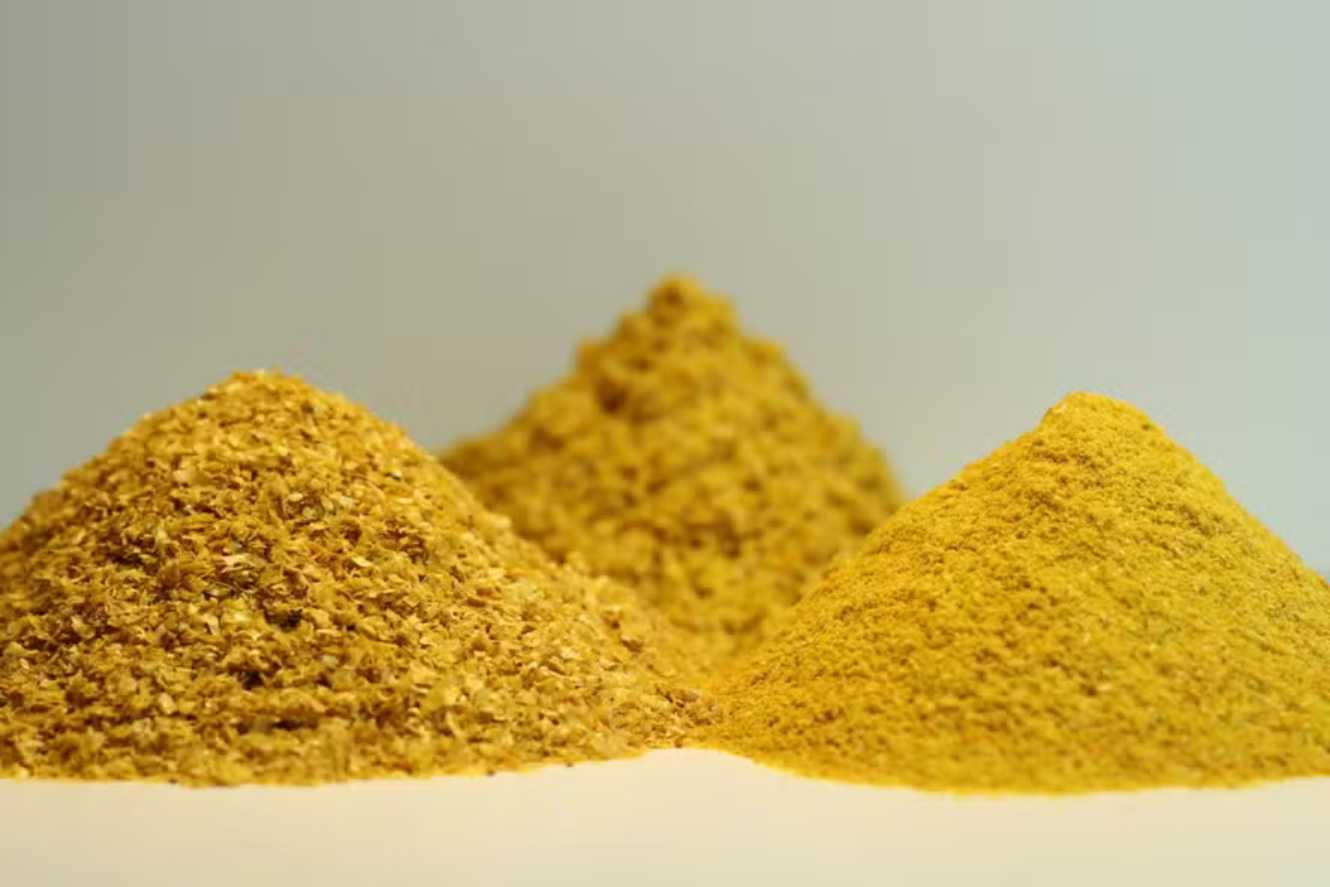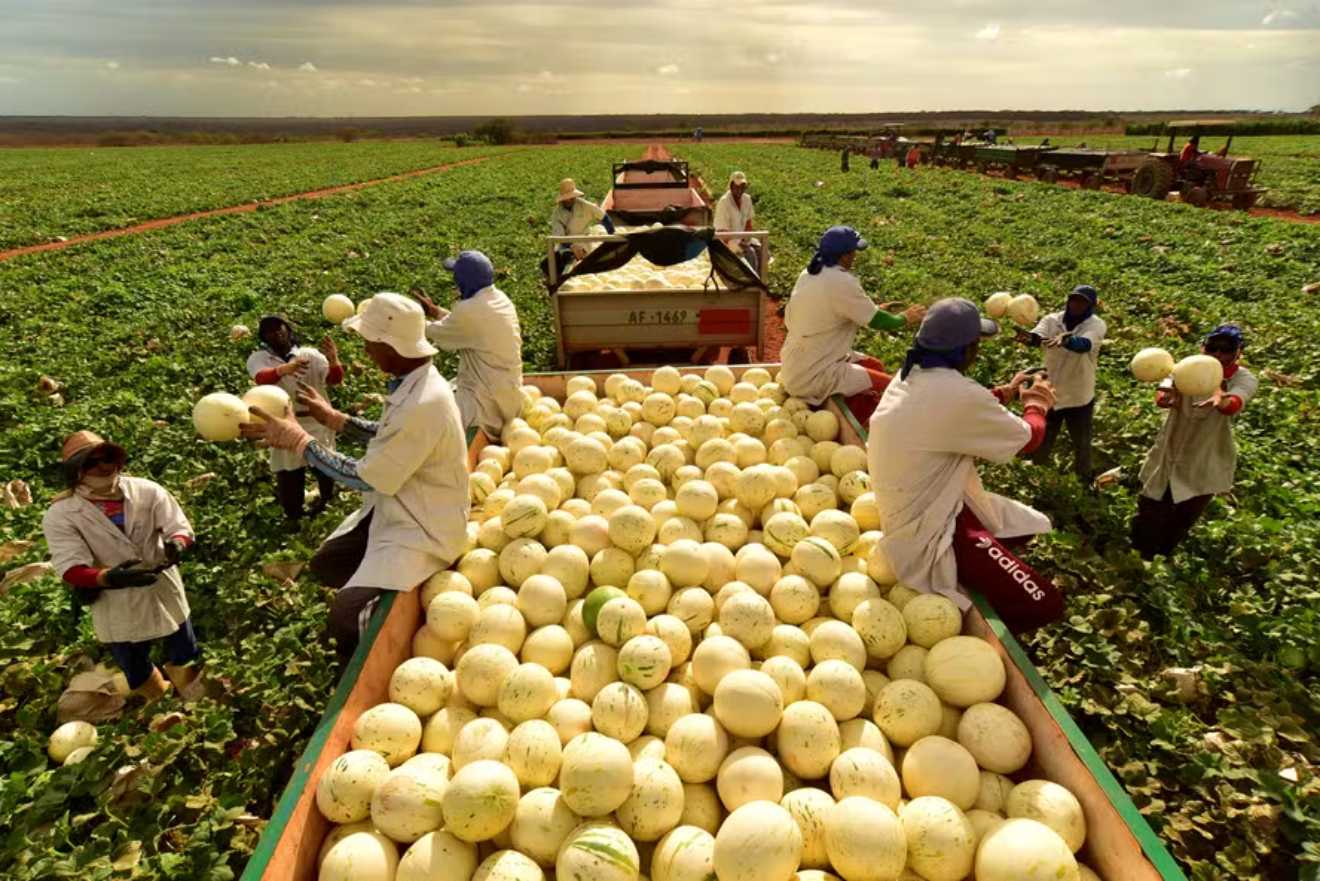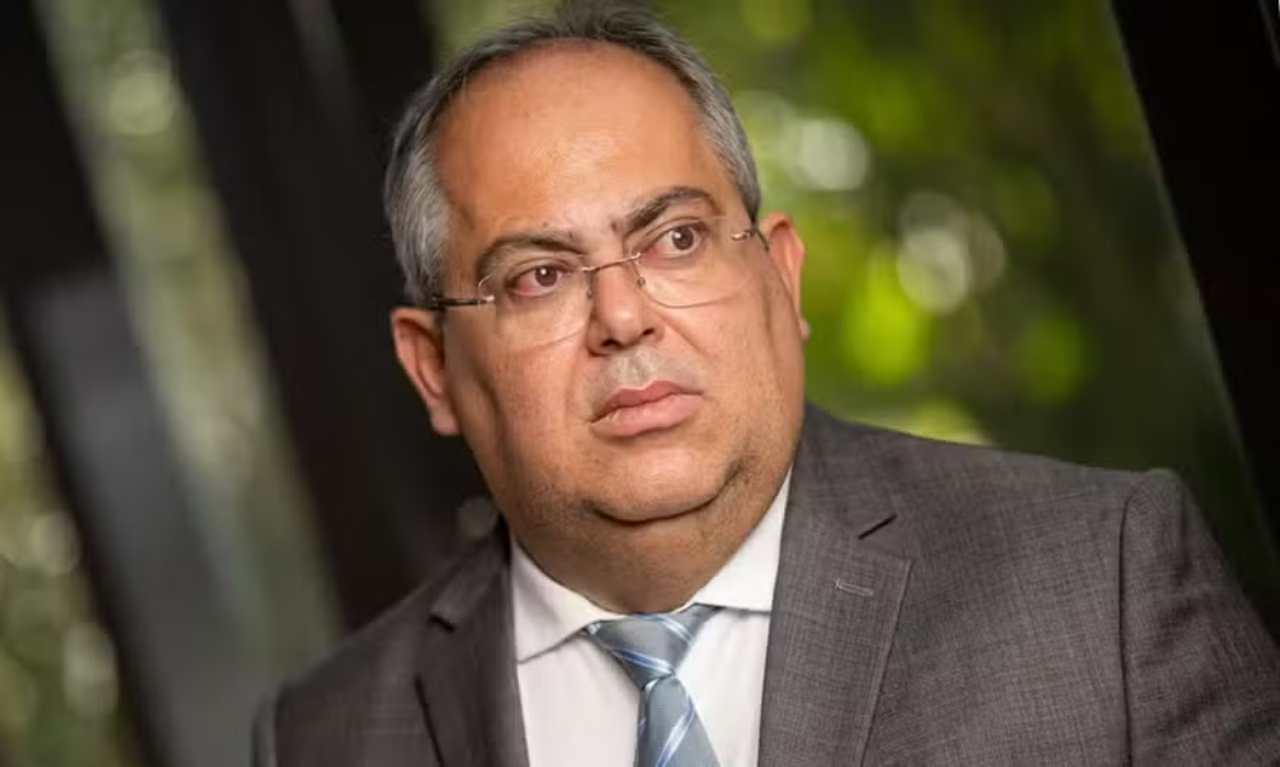Crisis in São Paulo’s Citrus Industry Creates Opportunities for Orange Production in Bahia
With São Paulo’s citrus industry facing significant challenges, the state of Bahia is preparing a tax incentive package aimed at attracting orange juice processing companies. These companies have increasingly been sourcing oranges from Bahia’s farmers. According to Bahia’s Secretary of Agriculture, Wallison Tum, the goal is to replicate the successful incentive model used for the cotton industry.
“The cotton producers benefit from a tax incentive, including ICMS tax exemption. This ICMS is managed by the producers themselves, through monthly meetings where they decide how to allocate investments in the region. We’re developing a similar model for the orange juice industry,” Tum explained at the e-agro event in Salvador.
Tum also noted that some companies have already shown interest in relocating their production facilities to Bahia, with one company seeking around 30,000 hectares for orange cultivation. He did not disclose the names of these companies. “Bahia has these 30,000 hectares, a favorable climate, and ideal locations for such industries. We’re working on infrastructure, roads, and energy distribution to support this industry,” he stated.
According to data from the Brazilian Institute of Geography and Statistics (IBGE), Bahia produced 610,000 tons of oranges in 2023, an increase of 6.5% compared to the previous year. Among the primary producing areas is Bahia’s northern coast, near the border with Sergipe, where companies like Maratá and Top Fruit are already established.
In Rio Real, farmer Reginaldo Corsino do Nascimento supplies oranges to these companies. Since 2023, he has seen the price per ton increase from R$ 900 to R$ 2,300. “It was due to the high demand from São Paulo that prices started to rise here,” Nascimento explained. Currently, 70% of his production is directed to the São Paulo market.
Humberto Miranda, President of the Bahia Agriculture and Livestock Federation (Faeb), confirmed this trend. “The northern region of Bahia has become a strong citrus hub. Many businesspeople from São Paulo are relocating here due to diseases affecting citrus groves in São Paulo,” he remarked, referencing greening, a disease impacting São Paulo’s orchards.
Designated as a zone free from citrus canker and greening, diseases that have impacted the Southeast, Bahia is one of the Brazilian states authorized to export its citrus produce to Europe, the sector’s main international market.
As of September this year, 113,000 tons of lemons were shipped to Europe, representing 79.4% of Brazil’s total lemon exports. Bahia alone accounted for 21,450 tons. The favorable climate, which allows for year-round production, combined with the state’s logistical advantages—access to two nearby ports—further strengthens Bahia’s citrus industry.
“We have a state that is well-positioned. We can export through the ports of Salvador or Pecém in Ceará. For this reason, while the orange juice industry is on our radar, we’re also on the radar of the industry, as they recognize our potential,” added Secretary Wallison Tum.





